Spun off from Ginkgo Bioworks in 2021, Ayana Bio is one of a new wave of startups in plant cell culture, growing botanicals in bioreactors instead of fields. We caught up with CEO Frank Jaksch at the Future Food Tech conference in San Francisco to find out how it works and when it makes commercial sense.
Sourcing high-quality botanicals can be extremely challenging, as bad weather, political instability, adulteration, pesticides, heavy metals and disease can threaten supplies and create YoYo pricing, said Jaksch.
By producing the same bioactives found in botanical extracts from plant cells in culture, you can provide a consistent supply of high-value ingredients from saffron and vanilla to cocoa polyphenols, echinacea and lemon balm without the supply chain headaches associated with traditional agriculture, he claimed.
So how does it work in practice?
First, Ayana Bio takes tissue samples from multiple parts of the plant, sterilizes them, and applies plant hormones to effectively ‘de-differentiate’ or return the cells to a stem-cell-like state so that they can proliferate in culture. Then it puts them into liquid suspension and elicits the production of specific compounds or pathways using certain stressors.
According to Jaksch, the sweet spot for plant cell culture, best-known for the production of breast cancer drug Taxol, is where it’s too expensive, impractical, or increasingly risky/unreliable to extract bioactives from fully-grown plants, and they cannot be expressed by microbes using precision fermentation.
Unlike yeast or bacteria cells, he said, “Plant cells produce the full set of bioactives that are contained within that plant, not just a single chemical. We can also take a plant with plant cell culture and essentially make it express 10-20 times more of the bioactive than you would ever be able to get from something grown in the ground.”
‘There’s not a whole lot known about which genes encode for the production of specific bioactives’
But how advanced is the tech, and is it scalable?
According to Jaksch: “Plant cell culture is still in its infancy. The key is understanding what’s necessary to get to scale, which is why it’s so important for us having a partner like Ginkgo because you need to be able to select and then optimize those cells before you ever go to scale.
“That’s going to be the critical part, and the only way to do that is by screening a lot of combinations and permutations of different cells under different conditions with different elicitors. In order to do that you need to use a fairly rich multi-omics approach, and that is a significant part of our strategy in getting to scale.”
He added: “There’s not a whole lot known about which genes encode for the production of specific bioactives. There’s some published data, but mostly it’s an unknown, and if you don’t understand what’s going on within the cell, you really have no way of controlling it. So because of the lack of available information, we have to do the work to try to figure out which transcripts are being changed when you make a change. Which transcripts translate to which genes? If you can understand where the [bioactives] production is coming from, then you have a better way of controlling it.”
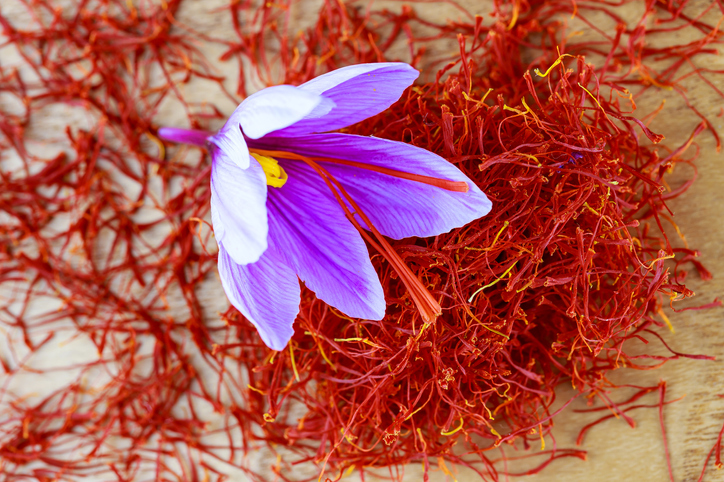
Utilizing existing CMO infrastructure
Asked about conversations with investors, he said: “It’s still new, but investors are starting to understand that plant cell culture is one of the emerging categories within cellular agriculture, so everybody’s sort of taking a look at it.
“We’re one of the lucky companies that has raised enough money to get to where we need to get to [Ayana was formed in 2021 with $30 million in seed funding from Viking Global Investors and Cascade Investment] and we’re confident that we’re going to be able to demonstrate that we’re going to be able to get to scale.
“But if we’re to succeed, we need to be able to utilize existing CMO [contract manufacturing organization] capacity. So we’re developing processes in our facility in Boston that are going to able to adapt and fit into existing CMO capabilities because we need to be able to build a business before we ever contemplate putting steel on the ground and build anything on our own.
“Will we build [our own larger-scale facility] some day? I hope we’re able to do that. But we’re not going to do it unless we have a business to build it on.”
Long term, predicted Jaksch, plant cell culture could “really help to mitigate some of the agricultural risks that are out there, especially related to companies that want to explore the use of bioactives but may be hesitant because they’re worried about are we going to be able to consistently source these ingredients?”
Further reading:

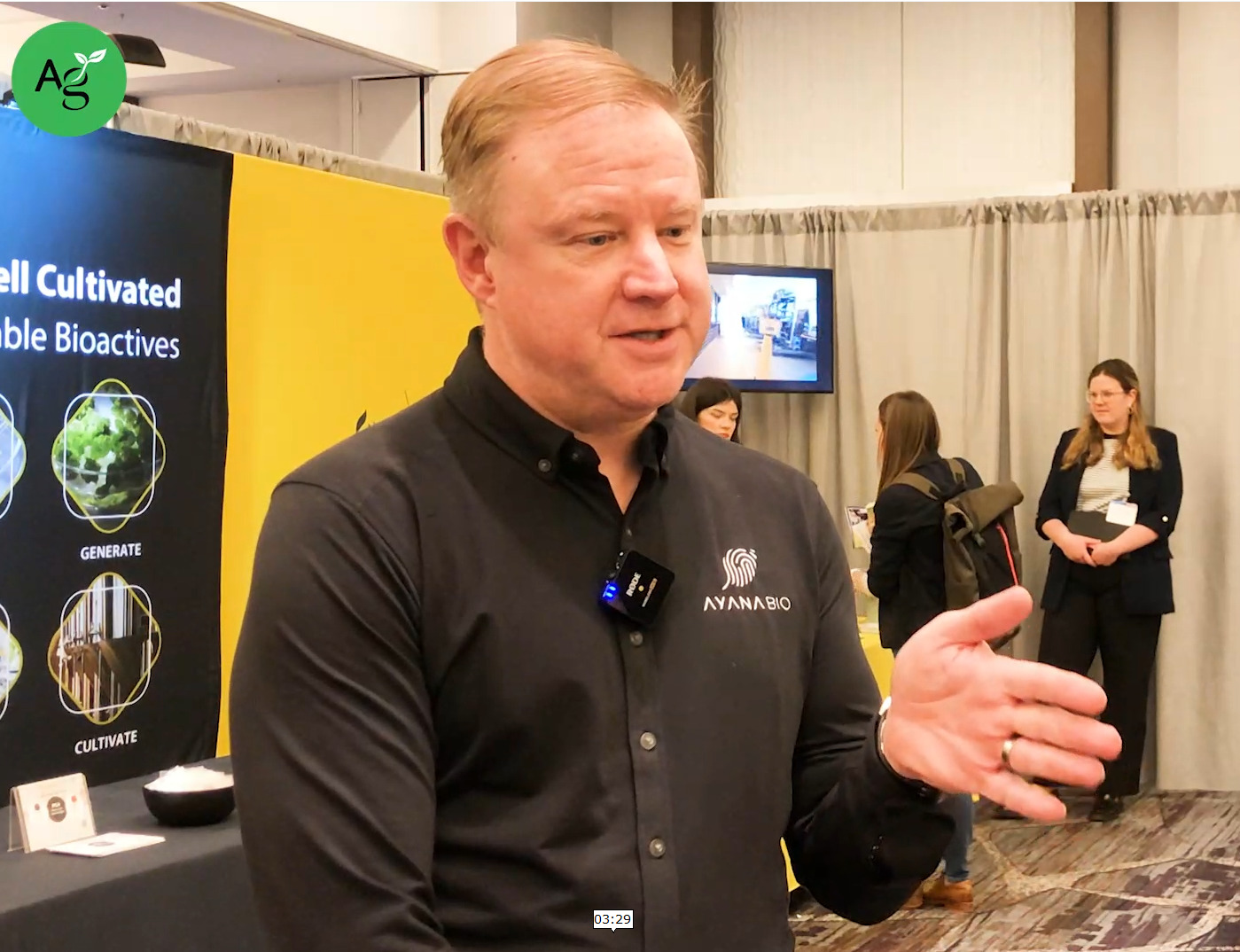
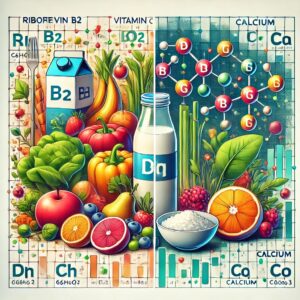

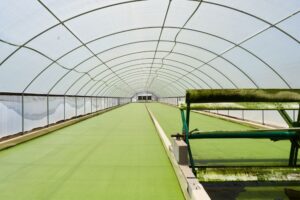


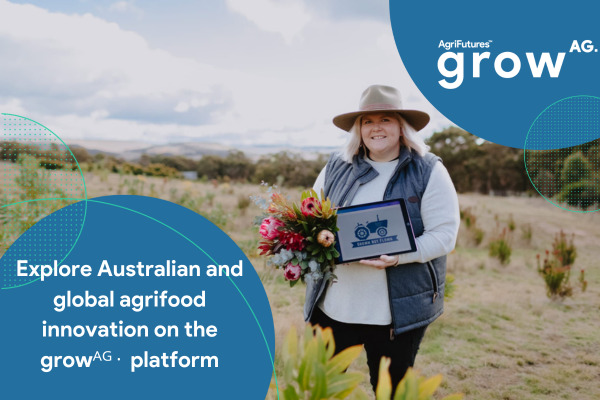


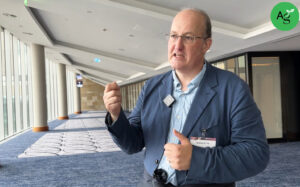
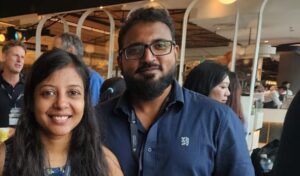


Sponsored
Sponsored post: The innovator’s dilemma: why agbioscience innovation must focus on the farmer first